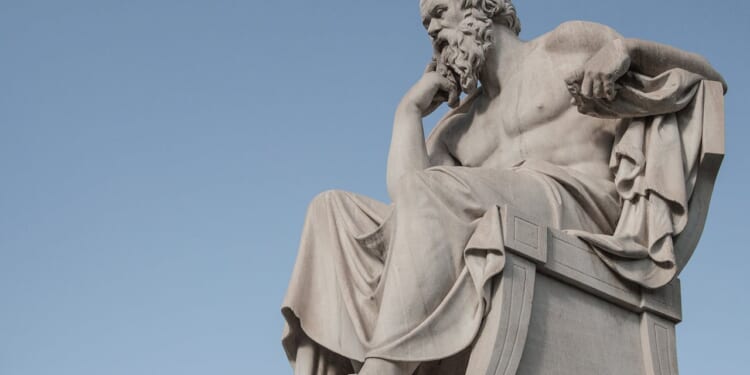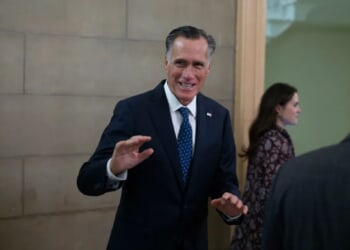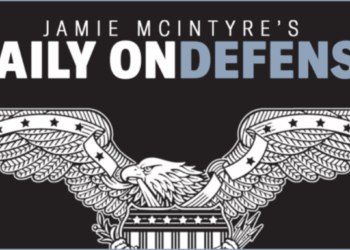Socrates was put to death in 399 BC. The charges against him were threefold: he advocated foreign gods; he corrupted the youth; he made the weaker argument the stronger. The charges were terribly, grotesquely ironic, for it was not Socrates but his accusers who were guilty of all three. While his political enemies were hardly men of real faith, Socrates was moving toward monotheism: not because he had a vision of Yahweh, but because he recognized that if God exists, he must, unlike the Greek gods of Homer, be the standard for goodness, truth, and beauty.
Few men cared more about the youth of the city than Socrates. Indeed, during his trial, Socrates demonstrated by a series of questions and answers that his prime accuser cared so little about what was good for the youth of Athens that he believed that everyone in the city improved the young except Socrates. But it was Socrates who was committed to challenging young people to forsake materialism and political expediency to embrace virtue and justice.
As for making the weaker argument the stronger, it was the sophists, not Socrates, who taught their pupils how to manipulate the truth to win lawsuits and political campaigns. The sophists were cultural relativists, believing that ethics and morality changed from one city to the next. Socrates, in sharp contrast, sought definitions that were true for all people at all times. He favored the kinds of absolute, universal truths that are necessary for theological discernment, virtuous education, and logical debate.
Like Socrates, Charlie Kirk was accused by his enemies of saying and doing the very things they said and did themselves. Charlie devoted himself to open exchange and honest dialogue. He surrendered his microphone again and again to people who disagreed with him. He let them speak, no matter how illogical their arguments or chaotic their thoughts. His accusers did not return the favor, refusing to allow Charlie on their podcasts, news shows, or public programs.
Charlie practiced the very opposite of hate speech, promoting civil debate in what is supposed to be the center of such debate: the university. Charlie did not attack or revile trans people; he invited them to free themselves from emotional confusion and mental fog. It was his enemies in the media, D.C., and academia who libeled him continually as a bigot, racist, sexist, homophobe, and fascist. Without bothering to listen to his public debates, and without caring about the young lives he was trying so hard to redeem, they labeled him a hate monger and disturber of the peace.
Charlie challenged his young interlocutors to think outside the box. It was his enemies, not Charlie, who indoctrinated college students to conform, to toe the party line, rather than think for themselves. Hardly a sower of discord or a destroyer of democracy, Charlie encouraged college students to respect their parents, get married and have children, and live honest, hardworking, godly lives. It was Charlie, not his enemies, who sought to form and nurture virtuous, morally self-regulating citizens: the only kinds of citizens who can keep a democracy from imploding.
Making Enemies, Standing for Truth
Socrates knew the risk he was taking when he set up his table each day in the agora of Athens, but he continued, nonetheless. In the heyday of the Golden Age of Athens, the citizens were willing to put up with his awkward questions and philosophical interrogations. But when Athens began to lose her war with Sparta and slid gradually into a might-makes-right ethos of political expediency, they lost patience with Socrates’s absolutism on matters of ethics. They silenced him, for he exposed their greed, pride, and injustice.
Charlie knew, as well as Socrates, that he was making enemies by standing for fixed, eternal standards in a relativistic age. By advocating for sexual purity and traditional families in a culture that demands absolute freedom in matters of sex and identity, Charlie risked exposing the dark underbelly of our culture of narcissism.
His willingness to argue publicly that male and female are objective, biological realities, that there are essential differences between men and women, and that it is a good and proper thing that a man and a woman should wed and have children ripped away the façade from our secular humanist society’s fiercely held belief that we are autonomous individuals who are free to invent our own identities.
Charlie did the unthinkable. He convinced a generation of college students that they had the right and duty to question the sacred progressivist dogma laid down in 1992 by Supreme Court Justice Anthony Kennedy. According to Kennedy, liberty means “the right to define one’s own concept of existence, of meaning, of the universe, and of the mystery of human life.”
By questioning that postmodern mantra, by suggesting we must answer to God rather than our own egos, Charlie provoked the combined wrath of the liberal media, the political elite, and the tenured radicals.
No Fear in Death
I can think of few people in modern memory who were more dedicated than Charlie to sticking to his post, no matter the cost to his reputation — or his life. Like Socrates, Charlie would not be scared off by death threats or by the scorn of a compromised media and academy that had abdicated its responsibility to seek after truth wherever it led. To them, Charlie said the same thing Socrates said four centuries before the birth of Christ:
“Men of Athens, I honor and love you; but I shall obey God rather than you, and while I have life and strength I shall never cease from the practice and teaching of philosophy, exhorting anyone whom I meet after my manner, and convincing him, saying: O my friend, why do you who are a citizen of the great and mighty and wise city of Athens, care so much about laying up the greatest amount of money and honor and reputation, and so little about wisdom and truth and the greatest improvement of the soul, which you never regard or heed at all?”
History rarely affords such exact parallels. The spirit, the calling, and the mission of Socrates was almost exactly that of Charlie Kirk. Both men embodied to their core what it means to build and maintain a free society that claims to honor justice, integrity, and fidelity. Both men lived in a rich society but did not forget that virtue is more important than wealth. Both men knew that philosophy is not a form of mental masturbation or a tool for winning arguments; it is nothing less than a lifelong search for that which is truly true and really real.
Athens, to their everlasting shame, swatted their gadfly. On Sep. 10, 2025, America did the same to Charlie Kirk. We lost a man who had the gumption and the persistence to wake us up, to sting our consciences and so force us to face reality.
He lived out what so many of us had forgotten: “that the greatest good of man is daily to converse about virtue . . . and that the life which is unexamined is not worth living” (38a). He knew that there are many “ways of escaping death, if a man is willing to say and do anything.” But he also knew that the true challenge “is not in avoiding death, but in avoiding unrighteousness.”
















